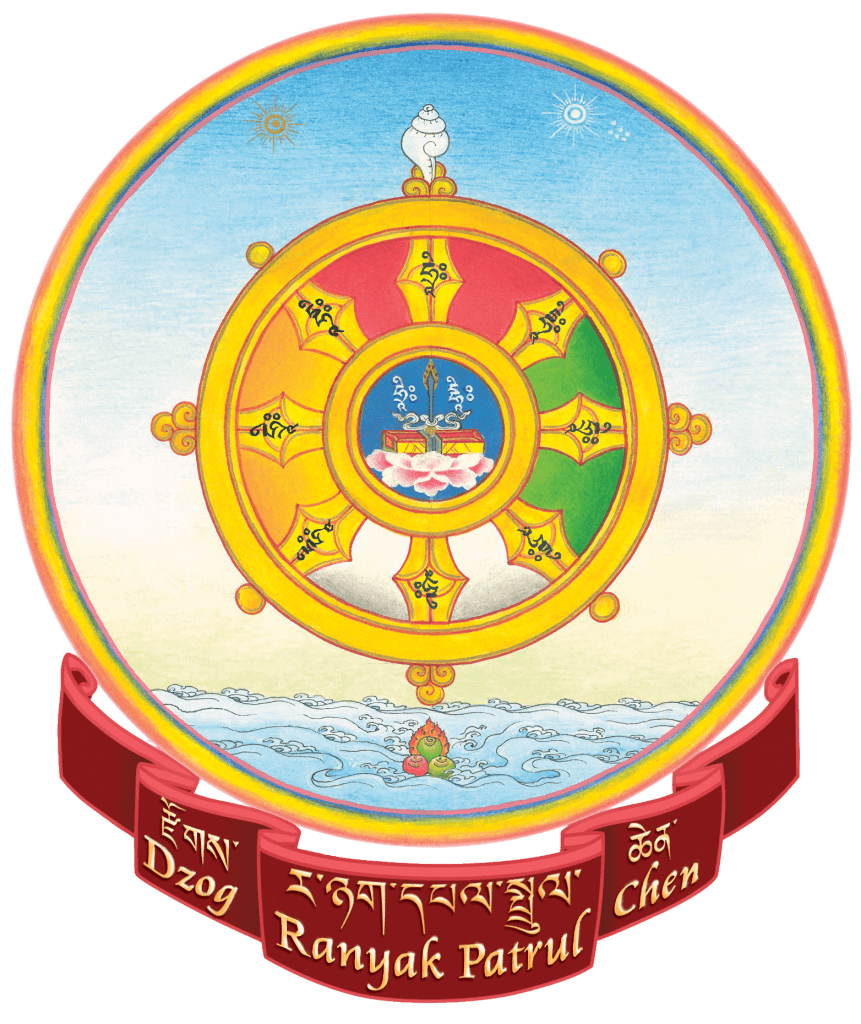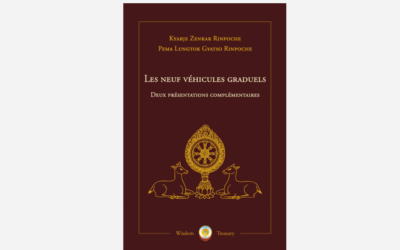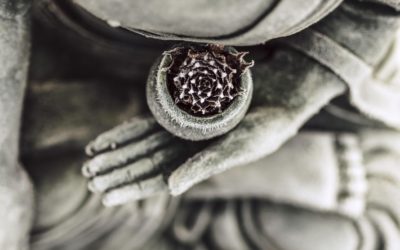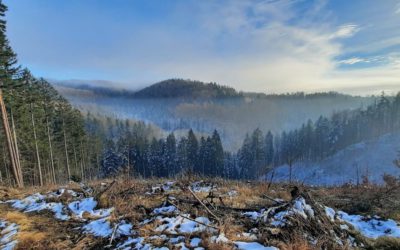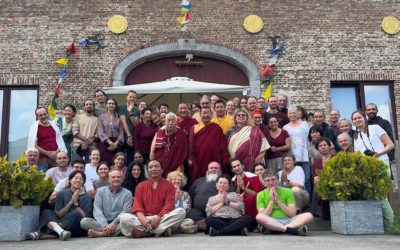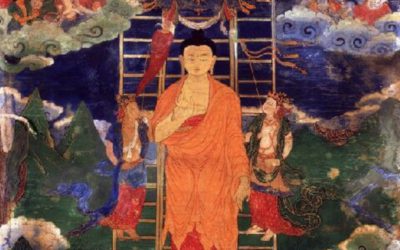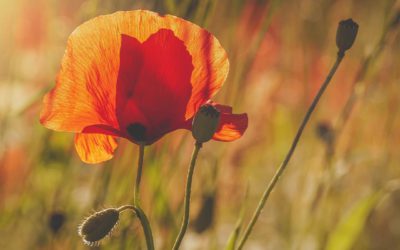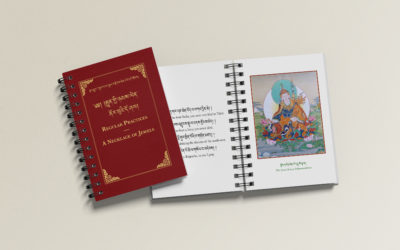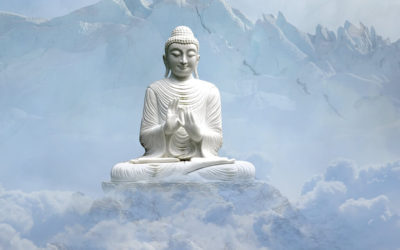Reading Room
The Year of the Wood Snake – Losar
The period starting from the first day
until fifteenth day of this lunar month
is known as Chotrul Duchen,
commemorating the event when Buddha Shakyamuni
performed a different miracle each day
to instill devotion and increase merit.
New publications
A new French translation is now available!
The Nine Gradual Vehicles
Two Complementary Presentations
by Kyabje Zenkar Rinpoche and Pema Lungtok Gyatso Rinpoche
& two other new translations:
“The True Words of the Great Rishi” –
An explanation of the Four Noble Truths
by Dzogchen Ranyak Patrul Rinpoche
and
A new translation into Polish:
“Daily practices”
Short Nyndro and Long Nyndro Longchen Nyingthik
Prayers
Recently, terrible natural disasters such as earthquakes and fires have occurred. Many beings have lost their lives and possessions, and many others have been injured.
Dharma City organized group prayers on Sunday, January 19. 🙏🙏🙏
The Tibetan community was also invited to join. Transportation was organized from Brussels-South.
A Visit from Tulku Migmed Dorje Rinpoche
We were honoured to host Tulku Migmed Dorje Rinpoche, together with his wife, at Dharma City during the summer shedra. As the eldest son of Chhimed Rigdzin Rinpoche (Khordong Terchen Tulku Chhimed Rigdzin Rinpoche), the lineage holder of the Khordong and the Northern Treasures (Jangter, byang gter) traditions in the Nyingma school of Tibetan Buddhism, Rinpoche’s visit strengthened even more the connection between Patrul Rinpoche’s lineage and the Jangter lineage.
Lhabab Düchen
On the 22nd of November is Lhabab Düchen,
the day Buddha is said to have descended from Tushita into our world.
“Whatever virtue you do that day, it is very important to do it. We need virtue. Virtue is like our food. Generally, we eat and drink. Why? Because we know our body needs that. Otherwise, it’s so complicated to do things. In the same way, mind needs virtues to dispel the darkness of the mind. When the darkness of the mind, ignorance, disturbing emotions, obscurations, hindrances, are dispelled or eliminated, mind becomes clearer, mind is shining. Gradually you become enlightened, and when you are enlightened, you become the same as the Buddha. How much can you then be of benefit! It is unbelievable.”
A Little Inner Smile
Once you have the view, although the delusory perceptions of samsara may arise in your mind, you will be like the sky; when a rainbow appears in front of it, it’s not particularly flattered, and when the clouds appear, it’s not particularly disappointed either. There is a deep sense of contentment. You chuckle from inside as you see the facade of samsara and nirvana; the view will keep you constantly amused, with a little inner smile bubbling away all the time.
Dilgo Khyentse Rinpoche
New publications by Wisdom Treasury
New publications available now: An Essential Compilation of Practices and Prayers In the Longchen Nyingthik Tradition | The Wisdom of Rigpa, composed by Patrul Rinpoche | Advice to Kunzang Chögyal and The Heart Treasure of Authentic Beings written by first Patrul...
The Art of Meditation
‘Calm abiding’ means the mind resting peacefully. In order to pacify the mind, we start from different skillful means that enable us to diminish our thoughts. Having gradually reduced the flood of our thoughts, if we habituate ourselves to maintaining the mind in its natural state, thoughts will automatically be pacified.
